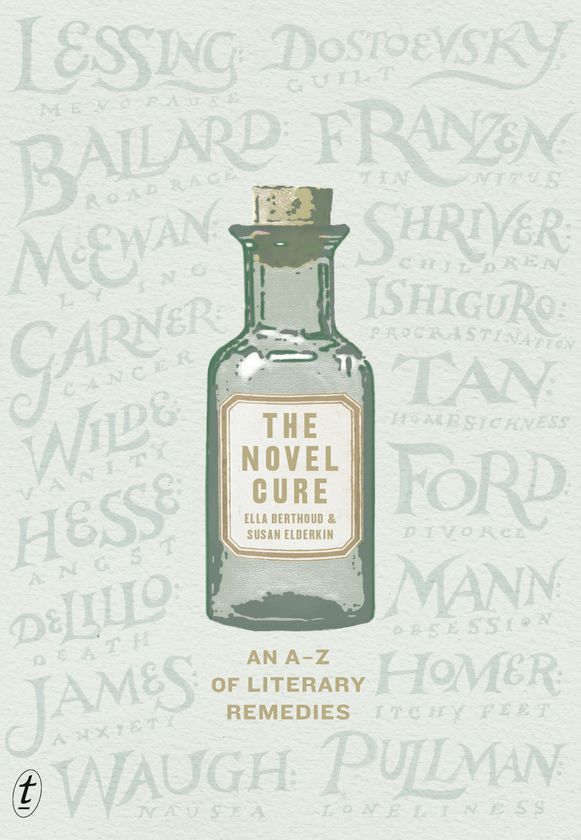Bibliotherapy
Or, turning to a book for solace.

I’m delighted to inform you that, right next door to the apartment that I’m living in, is a library. This book lover has never before had such convenience! To walk down the stairs, open the gate, turn the corner and be at the library. What bliss.
Coupled with this, the library in question has an amazing service where they will bring me books from other places. This means that, if they don’t have a book I am interested in on their own shelves, they will get it for me from another library across the state. When it arrives, I will receive a notification on my phone and then, ta-da, I just have to walk next door to pick it up. How good is that?
I’m similarly delighted to inform you that the very first library we know about was created in the Middle East around 700 BC. It was established by the Assyrian ruler Ashurbanipal in Nineveh, part of what is now more well known as Iraq. It contained approximately 30,000 cuneiform tablets, which were assembled by topic. In case, like me, you are not sure what cuneiform is, I can further inform you that it is an ancient Sumerian language, similar to hieroglyphs.
And so, from that early part of history, libraries have become part of our social fabric, democratising knowledge and opening doors to the imagination for thousands of generations.
I've always appreciated the library, but maybe not ever so much as I do having one next door. We used to take the children to the library when they were little, or not so little, and spend hours browsing, reading and choosing. And then coming home with a huge and somewhat optimistic pile of books. And all of this for free.
In seeking a deeper understanding of why it is that I love books so much, I stumbled across the term ‘bibliotherapy.’ Merriam Webster defines it as: “the use of reading materials for help in solving personal problems or for psychiatric therapy. Also: the reading materials so used.” This is my kind of therapy. There are professionals you can reach out to, and courses you can undertake. This free, self-paced course at the State Library of Victoria looks particularly promising.

My friendly, next-door library then facilitated the loan of this book: The Novel Cure by Ella Berthoud and Susan Elderkin. These terrific ladies are both bibliotherapists and book lovers; Ella, an artist, Susan, a writer. And they’re best friends. The book they have created serves up medicine for the bibliophile with a reference-style list of ailments and the books that cure them.
Let me give you some examples:
- Appendicitis – Madeline by Ludwig Bemelmans
- Existential angst – Siddhartha by Hermann Hesse
- Shelf, fear of being left on – The Idea of Perfection by Kate Grenville
- Shopaholism – Tender is the Night by F. Scott Fitzgerald
I, myself, have been suffering from bouts of loneliness, as is bound to happen to someone who moves to the country to live by herself. Umm, duh. Anyway, Berthoud and Elderkin prescribe Northern Lights by Philip Pulman; I, Claudius by Robert Graves and Tales of the City by Armistead Maupin – none of which I am yet to read and will happily add to my new library’s free shopping cart.
Other than small patches of loneliness, I can tell you that it’s all going very well out here. I’ve made new friends. I’ve attended two rural literary festivals. And I’ve been writing and writing. Yes, it is finally happening – I am becoming a writer, something I’ve always wanted to be. I’m lucky to have a couple of small freelance jobs to keep me in touch with the real world, and a lovely family who are either making do without me or driving out here to visit. When I feel guilty about spending time away from them, I comfort myself with this quote from Carl Jung:
“What usually has the strongest psychic effect on the child is the life which the parents have not lived.”
So I’m living a life that I’ve long dreamed of – having time to write, indulging my bibliophilic tendencies and finding time to get reacquainted with myself. I’ve discovered that this middle-aged woman I’ve turned into is not bad company. And when she’s grumpy or lonely or whingey, there are always books to read.

